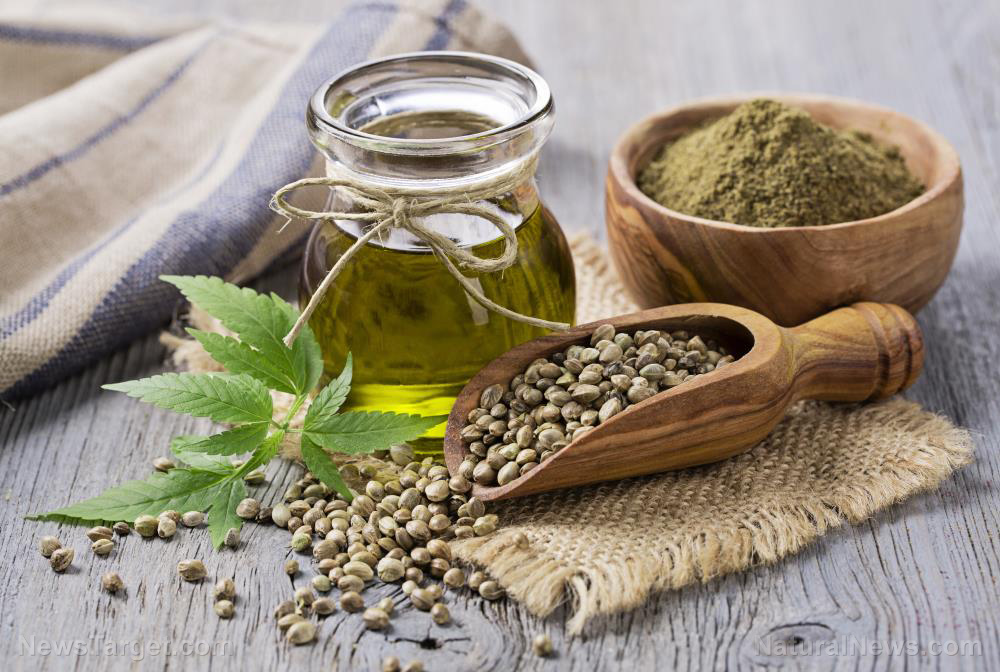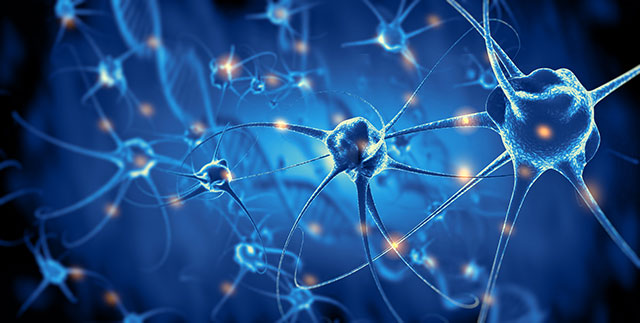Increased protein intake and regular exercise significantly lowers risk of sarcopenia
05/14/2019 / By Ralph Flores

Researchers from Drexel University in Philadelphia have investigated the effects of dietary protein intake and exercise in reducing the risk of sarcopenia. Their findings were published in the journal Nutrition Research.
- In the review, researchers associated aging with sarcopenia, a progressive decline in mass and strength of the skeletal muscle. This can lead to morbidity, reduced quality of life, and even mortality. This is commonly experienced by older adults, with age-related muscle changes adversely affecting muscular strength and their ability to function.
- Aside from looking at the relationship between protein intake and regular exercise and reduced sarcopenia risk, they also evaluated which measurement tools could for determining each factor.
- The review highlighted the need for further research on the following areas:
- Safety and effectiveness of a dietary protein intake of 1.4 grams per kilogram of body weight (g/kg) for older adults.
- Effectiveness of amino acid supplementation through longitudinal studies.
- Preferred protein source and timing to maintain muscle strength while addressing sarcopenia.
- Relationship between regular exercise and lowering sarcopenia risk.
- Other exercises for older adults and their effects on age-related muscle changes.
- Mechanism behind the ability of protein and exercise to prevent aging-related muscle loss.
- Identifying the best method for determining sarcopenia.
In sum, the researchers found that the adequate amount of protein required by older men and women would need to revised and likely be higher.
Longevity.news has more articles and stories on how to prevent aging naturally.
Journal Reference:
Naseeb MA, Volpe SL. Protein and exercise in the prevention of sarcopenia and aging. Nutrition Research. 16 January 2017;40:1–20. DOI: 10.1016/j.nutres.2017.01.001
Submit a correction >>
Tagged Under:
aging secrets, anti-aging, brain health, exercise, fitness, food cures, food is medicine, longevity science, men's health, nutrients, protein, sarcopenia, slender, women's health
This article may contain statements that reflect the opinion of the author
RECENT NEWS & ARTICLES
COPYRIGHT © 2017 MENS FITNESS FOCUS




















